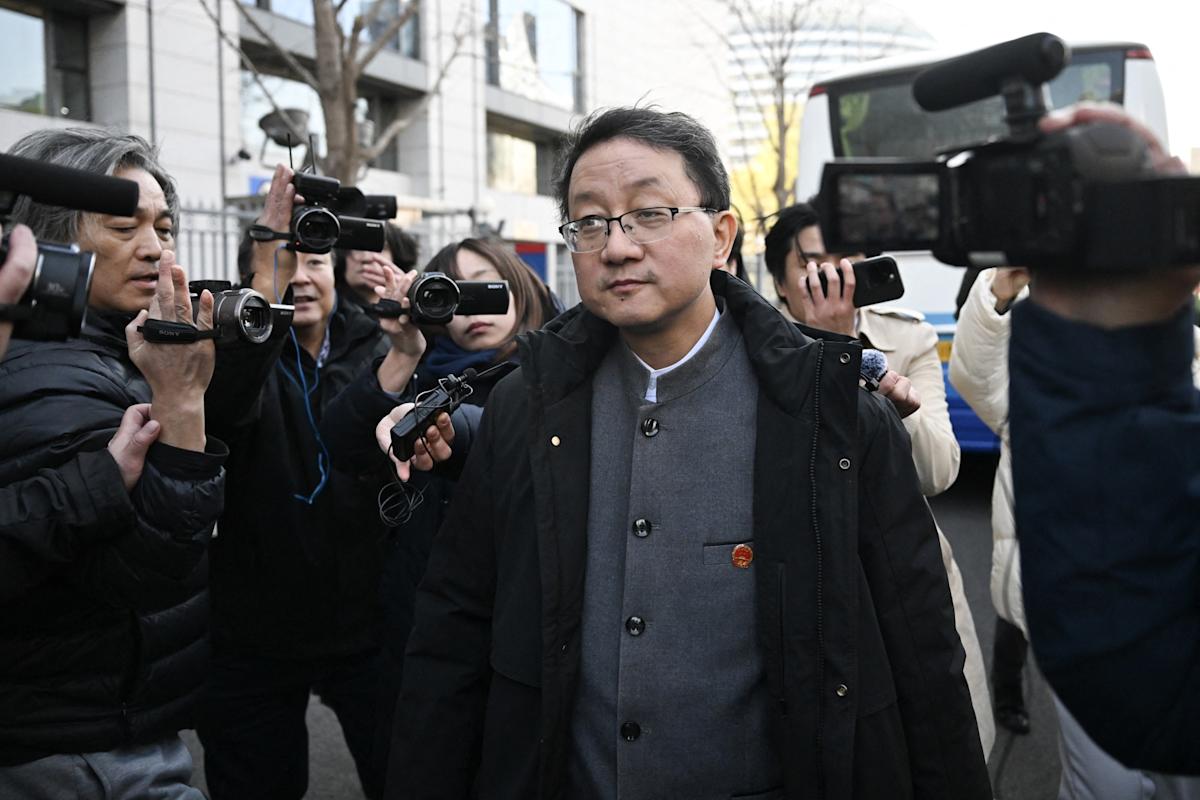Tense Japan-China Talks Stoke Concerns Over Economic Fallout
(Bloomberg) — An opening attempt to cool tensions between China and Japan appears to have fallen flat, signaling that the diplomatic spat is likely to drag on and stoking concerns about further strain in economic ties.
Liu Jinsong, director-general of the Chinese Foreign Ministry’s Asian Affairs Department, said he was “dissatisfied” with the outcome of his meeting with Japanese diplomat Masaaki Kanai on Tuesday, according to a report by Chinese news outlet The Paper.
Most Read from Bloomberg
Relations between the two neighbors have soured recently after Prime Minister Sanae Takaichi became the first sitting Japanese leader in decades to publicly link a Taiwan Strait crisis with the possible deployment of Japanese troops. Her remarks drew swift retaliation from Beijing, which warned of more to come.
Japan, meanwhile, said Kanai reiterated that the country’s position on Taiwan remains unchanged. Kanai also pushed back against “extremely inappropriate statements” made by Xue Jian, China’s consul general in Osaka, who threatened to cut off Takaichi’s head in a now-deleted post on X. Tokyo demanded immediate action against the diplomat.
The back-and-forth between the two sides suggests the dispute shows little sign of easing. Beijing has warned Chinese citizens against traveling to Japan — a move that has already led at least two state-owned travel agencies to scrap group tours booked months in advance, according to people familiar with the matter. The travel warning triggered a sharp selloff in Japan’s biggest tourism and retail stocks before they recovered some of their losses.
State-owned firms have advised employees to avoid travel to Japan, with some investment groups, banks, brokerages and other companies sending cautionary messages to staff this week, people familiar with the matter said.
China has demanded that Takaichi retract her statement, and state media blasted her comments, saying they “sound a stark warning that Japan’s militarist demons are being summoned anew.”
‘Maximalist Demand’
“Beijing is clearly signaling to Tokyo through this exchange that it is not yet ready to let the fire die out or to let cooler heads prevail,” said Jeremy Chan, a senior Eurasia Group analyst and former US diplomat. “It has also only reiterated its maximalist demand that Takaichi fully retract her statement, which she cannot do. This leaves no immediate off-ramp for de-escalation.”



Leave a Comment
Your email address will not be published. Required fields are marked *